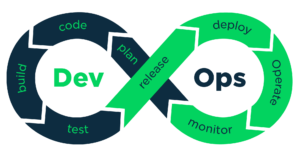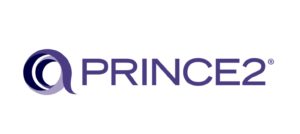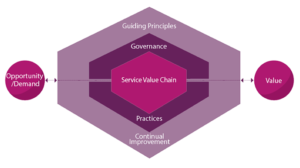LPI Certification Does More Than Just Say You Have The Skills; It Proves It.

Verified credentials propel you to the top of the resume pile and onto the radar of recruiters. Not to mention that it is the shortest path past the HR firewall.
LPI’s vendor-neutral certifications demonstrate the adaptability of open-source software. This implies that, rather than being constrained to a single vendor’s technology, you will be able to work with a variety of open source technologies, reflecting the environments you will encounter on the job.
LPI has qualified professionals all over the world. It is a globally renowned standard, which implies that you have a set of skills and a job that can go with you, be recognized, and in demand all around the world.
LPI is a non-profit organization
The Linux Professional Institute (LPI) is a worldwide certification standard and career assistance organization for open source professionals. It is the world’s first and biggest vendor-neutral Linux and open source certification body, with over 175,000 exam takers.
LPI certifies professionals in more than 180 countries, offers tests in many languages, and works with hundreds of training partners.
Their goal is to provide economic and creative opportunities for everyone by making open-source information and skills certification available to everyone.
Professionals who are LPI certified benefit more in their careers. They are more likely to obtain higher-paying jobs, rise in their careers, have more options, and have greater flexibility and skill mobility. It should come as no surprise given that LPI is the worldwide certification standard and career support organization for open source experts.
BECOME LINUX CERTIFIED!
Linux Professional Institute LPIC-1
LPIC-1 is the number 1 Linux certification, globally. The LPIC-1 certification is the first in LPI’s multi-level Linux Professional certification program. The LPIC-1 exam will assess your abilities to do command-line maintenance activities, install and configure a machine running Linux, and configure basic networking.
To pass LPIC-1, you must be able to work at the Linux command line, do simple maintenance chores, assist users, add users to a bigger system, storing and retrieving, shut down, and reboot. Install and configure a workstation, as well as connect a Linux workstation to a LAN and the Internet.
Linux Professional Institute LPIC-2
LPIC-2 is ranked seventh in the top ten list of Linux certifications worldwide. The LPIC-2 certification is the second in LPI’s multi-level professional certification program. The LPIC-2 exam will assess your abilities to design and manage mixed networks.
To pass LPIC-2, you must be able to: Manage a modest to the medium-sized site; Plan, implement, maintain, and troubleshoot a small mixed network that includes a LAN server, Internet Gateway, and Internet Server. You should also be able to monitor helpers and provide management with advice on automation and purchasing.
Linux Professional Institute LPIC-3
LPI’s multilevel professional certification program culminates in the LPIC-3 certification. LPIC-3 is intended for enterprise-level Linux professionals and is the industry’s top level of professional, distribution-neutral Linux certification.
A candidate having an active LPIC-2 certification must pass at least one of the specialty tests to become LPIC-3 certified. They will be eligible for the LPIC-3 designation if they successfully complete the prerequisites and pass the LPIC-3 exam. For example, after passing the 303 exams, you can obtain LPIC-3 Security.
Here at CourseMonster, we know how hard it may be to find the right time and funds for training. We provide effective training programs that enable you to select the training option that best meets the demands of your company.
For more information, please get in touch with one of our course advisers today.








